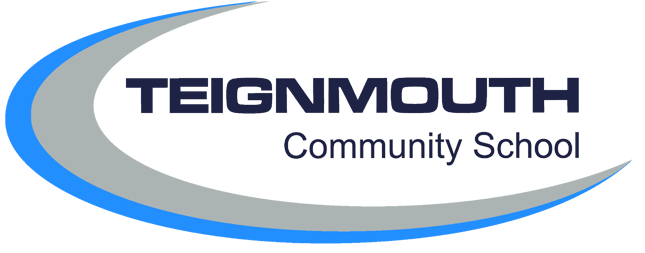Here at Teignmouth Community School, we understand the importance of reading and wider literacy skills. We want to support all of our young people to realise their potential, removing any barriers that may hinder their progress and supporting them to develop skills for life.
Our reading strategy centres around reading for pleasure, and language acquisition through the Tutor Reading programme, and the explicit teaching of subject specific vocabulary and literacy strategies. Clark and Douglas (2011) found that evidence suggests that there is a positive relationship between reading frequency, reading enjoyment and attainment. An additional benefit of the tutor reading programme is that students are exposed to texts, characters and worlds that they may never have encountered before. Some of these texts may be challenging, teaching them to work hard and never give up. In addition to this, the texts selected will help to develop their empathy, so they can be kind and care for others. Students get an opportunity to discuss the texts enabling the students to join in, so they develop and grow.
As part of our curriculum development all KS3 home-learning (apart from maths) will focus on the development of subject specific vocabulary and core knowledge. The introduction of SPARX reader in both English lessons and for home-learning will add to the range of literacy strategies being employed to ensure all of our students can make the progress they are capable of. This approach supports our knowledge rich curriculum and the acquisition of complex and challenging vocabulary.
To help us identify those that may need additional support with their reading, all students in years 7-10 sit an NGRT assessment. The identified students take part in research informed reading interventions during tutor reading, and are supported by our dedicated SEND team. This approach will allow us to support all of our young people to rise to the challenge and be the best version of themselves.
“Reading is important. If you know how to read then the whole world opens up to you.”
Barack Obama
Daily Reading Catalogue
If you have any further questions about our literacy provision, you can contact Rebecca Flint using the following email address: Rebecca.flint@teignmouthschool.co.uk


